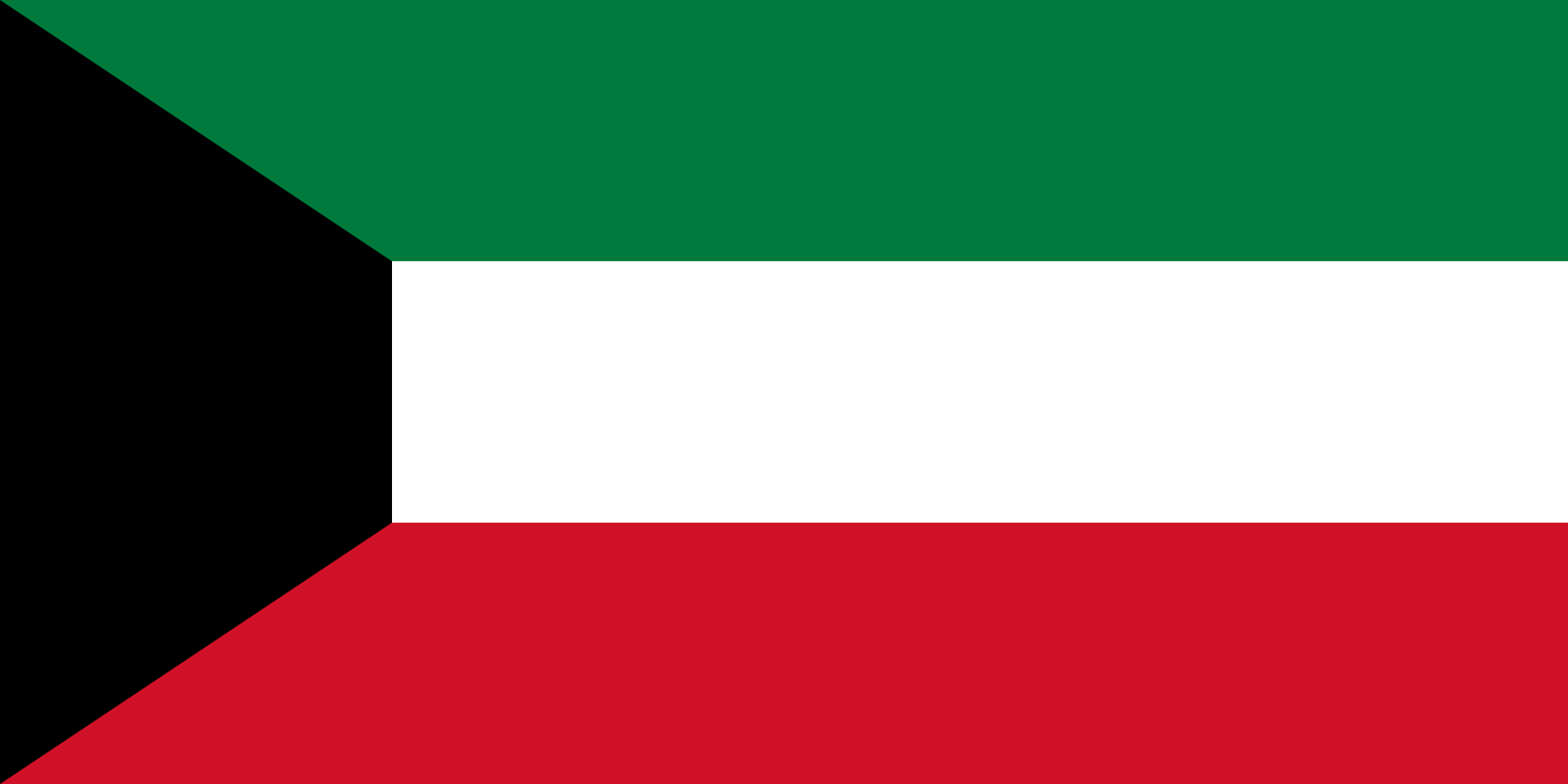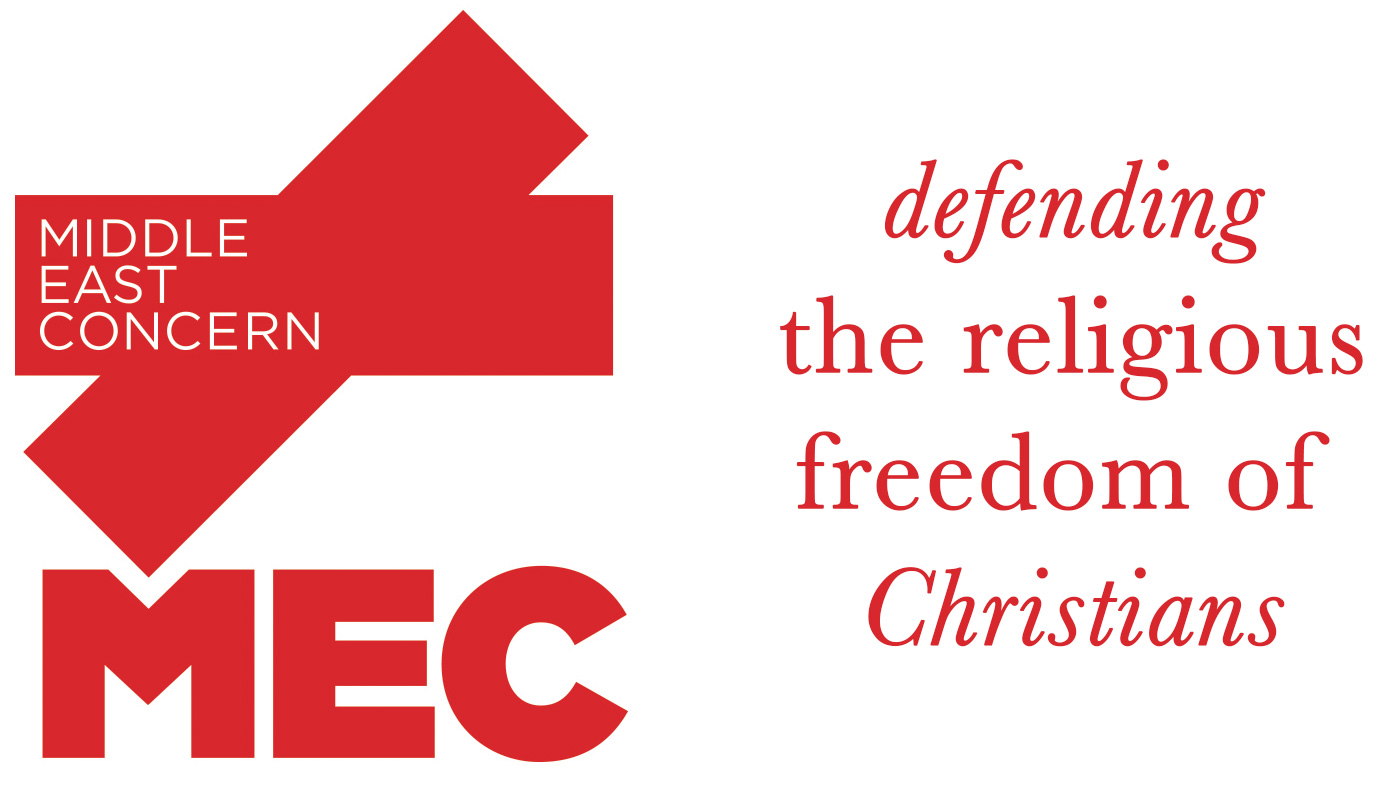
Kuwait’s population is estimated by the Public Authority for Civil Information to be around 4.7 million, of whom approximately 70% are expatriates. It is estimated that up to 26% of the expatriate population is Christian. There is a small number of Christian Kuwaiti families, descendants of Arabs from the Levant who moved to Kuwait before the establishment of the modern nation state. Officially recognised churches serving Kuwait’s predominantly expatriate Christian communities include the Roman and Greek Catholic churches, the Greek Orthodox, Armenian Apostolic and Coptic Orthodox churches, and the Anglican and National Evangelical churches.
The constitution of Kuwait enshrines Islam as the religion of the State and Islamic law as a main source of legislation. However, the constitution also affirms the principle of non-discrimination, including on the basis of religion. It guarantees State protection of freedom of religious practice, ‘in accordance with established customs,’ provided that religious practice ‘does not conflict with public policy or morals.’ Public defamation of an officially recognised religious group or of their practices is a criminal offence. Nationality laws preclude the naturalisation of non-Muslims.
Kuwait acceded to the International Covenant on Civil and Political Rights (ICCPR) on 21st May 1996. The ICCPR upholds the right to freedom of religion, including the right to hold a religion of one’s choice and the right to manifest that religion (Article 18). It also upholds the rights of minorities and the principle of non-discrimination. Kuwait’s accession to the ICCPR was made with a reservation stating that non-discrimination provisions would be exercised within limits set by Kuwaiti law.
Expatriate Christians enjoy comparative freedom in Kuwait, provided that their activities are restricted to designated compounds and, in particular, that they avoid interaction with Muslims that could be construed as proselytism. Most churches find their current facilities inadequate, and church compounds are typically overcrowded on days of worship as they seek to accommodate multiple congregations of various nationalities and languages. Requests made in recent years for additional building or land have been refused. Some churches are frustrated by the limited number of visas available for clergy and staff. The small number of indigenous Kuwaiti Christians (i.e. from Christian backgrounds) generally enjoy good standing in society. In 2018, a Parliamentary Committee proposed a change to legislation to allow for non-Muslims to be eligible for Kuwaiti citizenship, but that proposal did not progress. Kuwaiti nationals or other Muslims who choose to leave Islam are likely to face strong family and societal pressure. In extreme cases those who leave Islam can face violent responses from family members. Those considered apostates could also face imprisonment under the defamation provisions, and sanctions such as forcible divorce and removal of child custody under personal status laws overseen by Shari’a courts.
